Question And Answer
Publications
Articles, publications, books, tools and multimedia features from the U.S. Institute of Peace provide the latest news, analysis, research findings, practitioner guides and reports, all related to the conflict zones and issues that are at the center of the Institute’s work to prevent and reduce violent conflict.

Dean Cheng on U.S.-China Tensions Over Taiwan
With both U.S.-China and Taiwan-China relations at low points, the United States needs to maintain unity among its multilateral partnerships, says USIP’s Dean Cheng: “China loves to play bilateral games … because 1.3 billion people in the second largest economy gives them a lot of power and influence.”

Brazil’s Economic Ties with China Flourish Despite Political Shifts
Much has been said about how Luiz Inácio Lula da Silva’s third presidency will move Brazil closer to China. Brazil is China’s most important trading partner in South America, and a new agreement to conduct bilateral commerce in their respective currencies rather than the U.S. dollar is expected to further boost bilateral trade. Strengthening China-Brazil relations, especially in the areas of trade and investment, will be at the top of the agenda when Lula meets Chinese President Xi Jinping in Beijing on April 14.
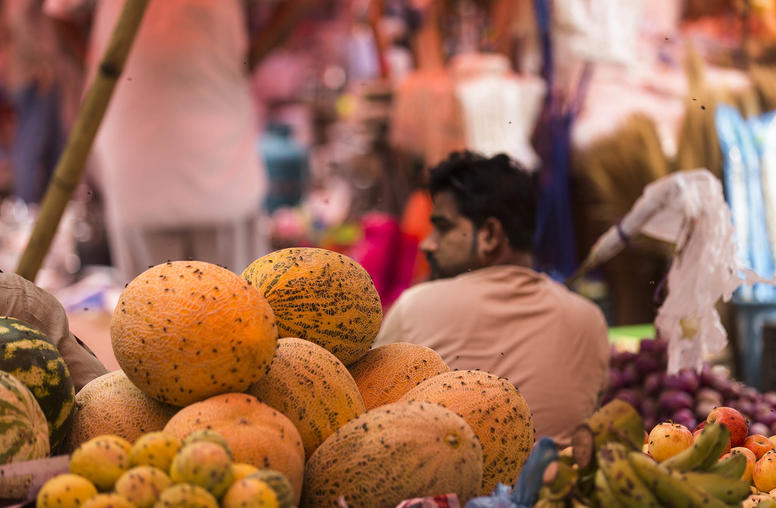
Pakistan’s Existential Economic Crisis
Pakistan’s stability increasingly depends on the outcome of an ever-worsening economic crisis. Amid skyrocketing inflation, political conflict between Prime Minister Shehbaz Sharif’s government and former Prime Minister Imran Khan, and surging terrorism, the country is facing the risk of a default due to its massive external debt obligations. This burden has been exacerbated by the derailment of the $6.5 billion International Monetary Fund (IMF) program Pakistan entered in 2019, as the international lender is unsatisfied with Pakistan’s commitment to reform and ability to arrange for funds to meet external financing requirements. Troublingly, Pakistan’s official foreign exchange reserves are hovering around $4 billion, which is insufficient to finance even a one-month of the country’s import bill.
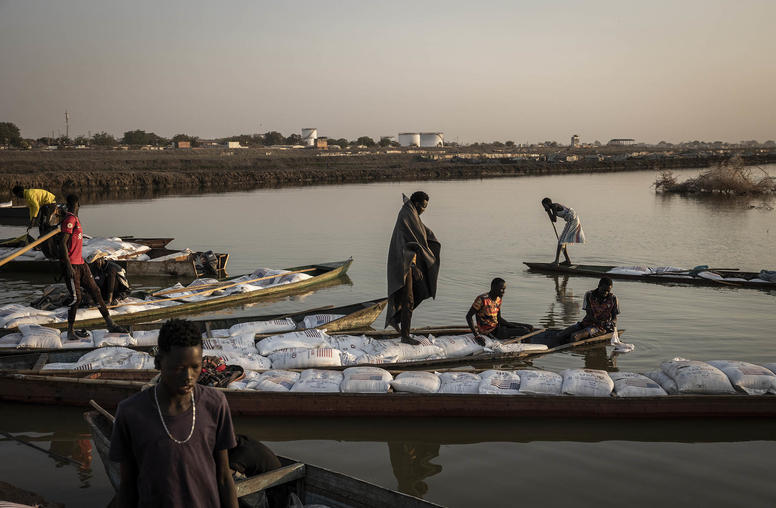
Before the Next Shock, the World Needs a ‘Marshall Plan’ for Food Insecurity
In recent years, the world has seen a host of interconnected challenges, with a crisis in one part of the world setting off epiphenomenal emergencies elsewhere. Russia’s invasion of Ukraine cut off many countries from their main supply of wheat and coarse grains, disrupting global food supply chains that were already stressed by the COVID pandemic. This led to further food insecurity in regions of the world, like East Africa, that were already dealing with starvation and malnutrition due, in part, to severe drought brought on by climate change.
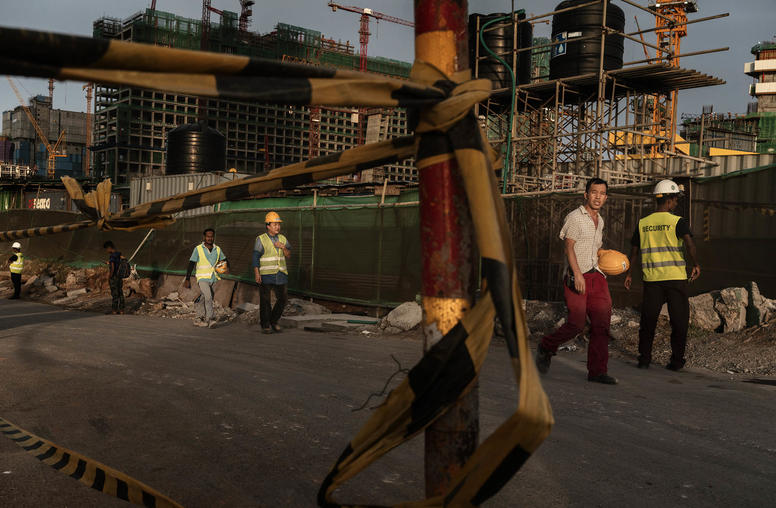
Does China’s Coercive Economic Statecraft Actually Work?
Much ado has been made in recent years over China’s use of economic diplomacy in its foreign policy, perhaps best characterized by its massive trillion-dollar connectivity project, the Belt and Road Initiative (BRI). As developing countries have turned to China for economic assistance and development, observers have warned that Chinese loan assistance to poor countries can come with strings attached, particularly enhanced political leverage for Beijing. But the extent to which Beijing is able to truly exert influence through economic statecraft remains an open and important question for researchers and policymakers alike, says China analyst Matt Ferchen.
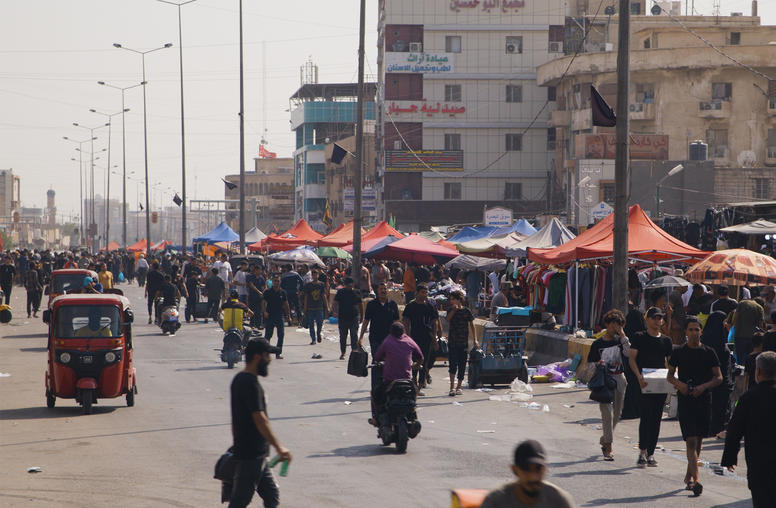
U.S., Iraq Emphasize Economic Cooperation as Core of Strategic Partnership
Sarhang Hamasaeed looks at the key priorities for the U.S.-Iraq partnership, the challenges and opportunities for Iraq’s new government, joint efforts to address the human legacy of ISIS and how Washington can help stabilize Iraq’s economy.
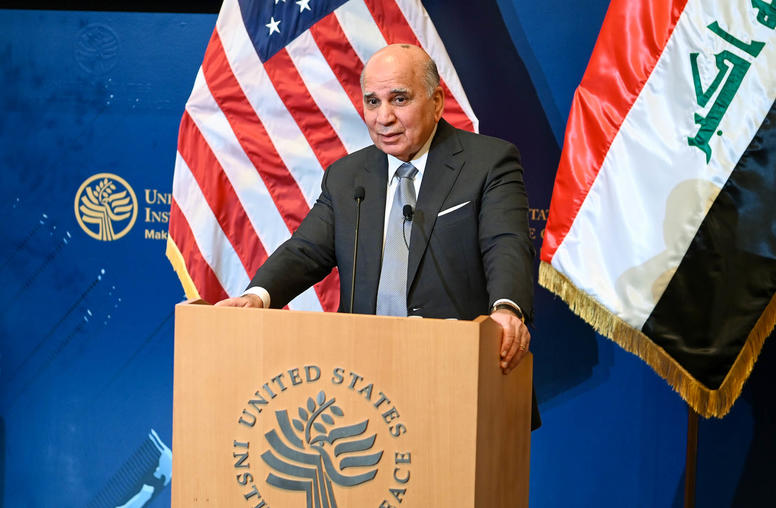
Fighting Corruption Harder than Fighting ISIS, Says Iraq’s Deputy Prime Minister
Iraqi Deputy Prime Minister Fuad Hussein on February 10 laid out the new Iraqi government’s priorities, outlined areas of common interest with the United States and defended his country’s relations with Iran, Russia and China — countries that are all at odds with the United States.
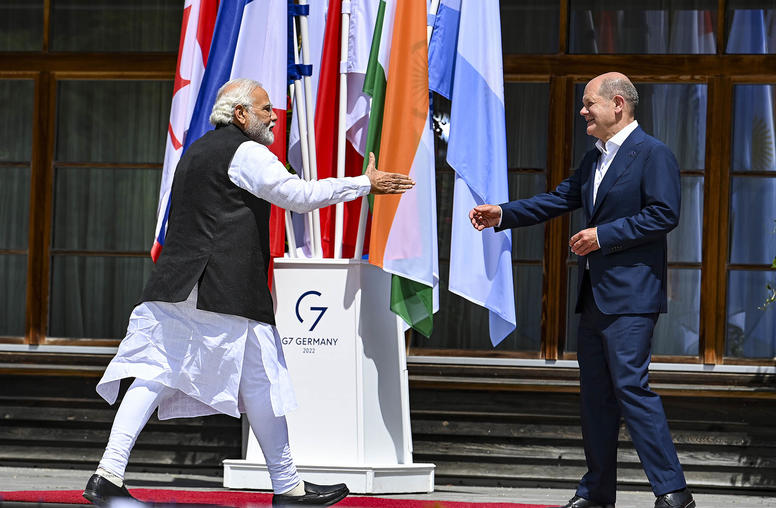
What to Watch in 2023: India’s Pivotal Year on the Global Stage
One month into 2023, and India is well underway with preparations for a pivotal year. In the coming 11 months, India is expected to surpass China as the world’s most populous nation (and by some estimates already has), and to continue on a trajectory of rapid economic growth. In assuming the presidencies of both the G-20 and the Shanghai Cooperation Organization (SCO), India is set to host leaders from across the globe as the country prepares for its own general elections in 2024. With all eyes on India, New Delhi may be increasingly sensitive to global perceptions of how it handles possible shocks — external or internal — ranging from escalation on its borders to incidents of communal violence.
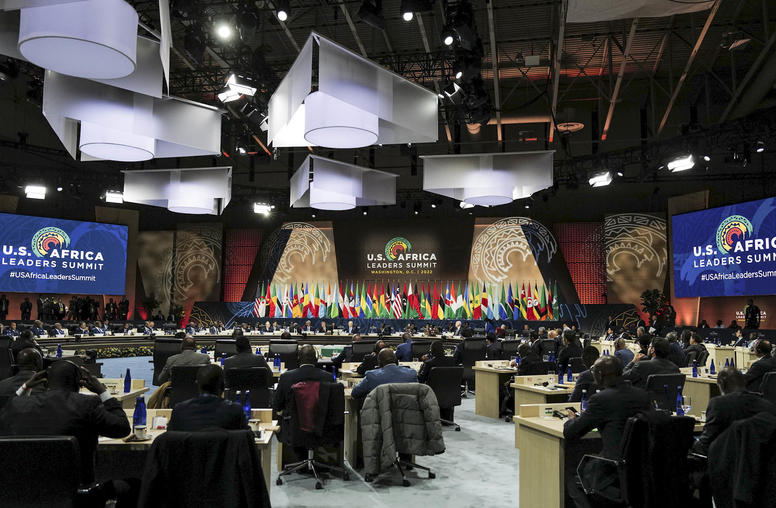
Four Takeaways from Treasury Secretary Yellen’s Trip to Africa
Treasury Secretary Janet L. Yellen’s recent 10-day trip to Africa kicks off a year of sustained, high-level U.S. engagement, aimed at demonstrating that the Biden administration is “all in on Africa, and all in with Africa” following December’s U.S.-Africa Leaders Summit. With trips from the president, vice president, and other cabinet secretaries in the works, this “super-charged” U.S. diplomacy is moving beyond the typical secretary of state visits. A close look at some of the issues encountered by Yellen on her trip demonstrates that showing up on the continent may be the easy part of going all in with Africa.
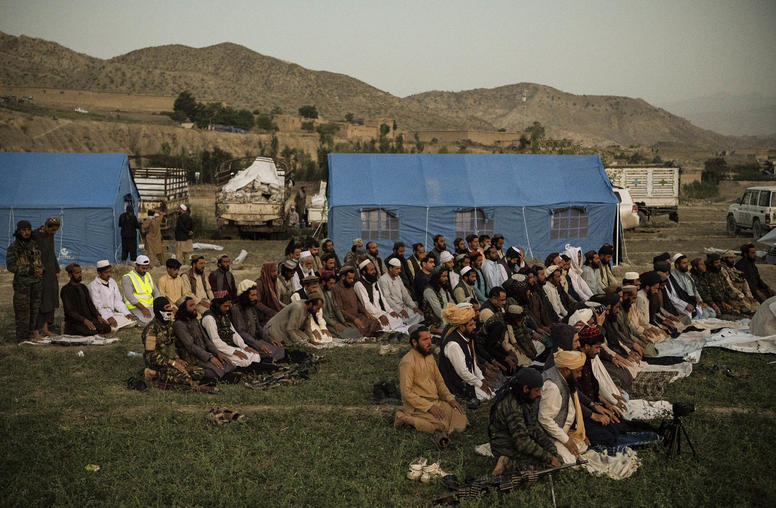
Wrestling with a Humanitarian Dilemma in Afghanistan
Recent decrees by the Taliban barring Afghan women from attending university or working in NGOs are severely damaging the country both socially and economically, especially coming atop a ban on girls’ secondary education last year. The marginalization of half the population also highlights the “humanitarian dilemma” that aid donors and international agencies face: Afghanistan is highly dependent on humanitarian assistance, not only for saving lives and easing deprivation but also to stabilize its economy. The quandary for international donors is what to do when alleviating suffering benefits the Afghan economy and thereby the Taliban regime, even when that regime is harming its own people?